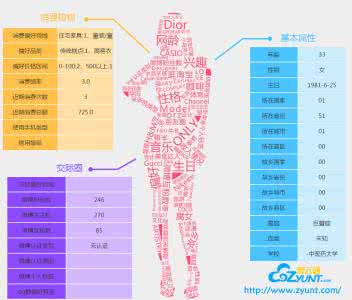Inductive transfer learning has greatly impacted the computer vision and NLP domains, but existing approaches in recommender systems remain largely unexplored. Meanwhile, although there has been a large body of research making direct recommendations based on user behavior sequences, few of them attempt to represent and transfer these behaviors for downstream tasks. In this paper, we look in particular at the task of effectively learning a single user representation that can be applied to a diversity of tasks, from cross-domain recommendations to user profile predictions. Fine-tuning a large pre-trained network and adapting it to downstream tasks is an effective way to solve such an issue. However, fine-tuning is parameter inefficient considering that an entire model needs to be re-trained for every new task. To overcome this issue, we develop a parameter-efficient transfer learning architecture, termed as PeterRec, which can be configured on-the-fly to various downstream tasks. Specifically, PeterRec allows the pre-trained parameters unaltered during fine-tuning by injecting a series of re-learned neural networks, which are small but as expressive as learning the entire network. We perform extensive experimental ablation to show the effectiveness of learned user representation in five downstream tasks. Moreover, we show that PeterRec performs efficient transfer learning in multiple domains, where it achieves comparable or sometimes better performance relative to fine-tuning the entire model parameters.
翻译:引导性转移学习对计算机视野和NLP领域产生了重大影响,但建议系统中的现有方法在很大程度上尚未探索。与此同时,尽管有大量研究根据用户行为序列直接提出建议,但其中很少有人试图为下游任务代表并转移这些行为。在本文件中,我们特别研究了有效学习单一用户代表的任务,从跨部建议到用户配置预测,可以适用于多种任务,从跨部建议到用户配置预测。精细调整大型预先培训的网络并使其适应下游任务,是解决这一问题的有效方法。然而,微调是低效的参数,因为整个模型需要为每一项新任务再培训。为了克服这一问题,我们开发了一个称为PeterRec的具有参数效率的转移学习结构,可以将这种结构设置在现场配置到各种下游任务。具体地说,PeterRec允许在微调期间,通过注入一系列再培训的神经网络,将它简化为小型,但表现为对整个网络学习的清晰度。我们进行了广泛的实验性化模型,从而展示了在下游阶段的用户学习效果。



